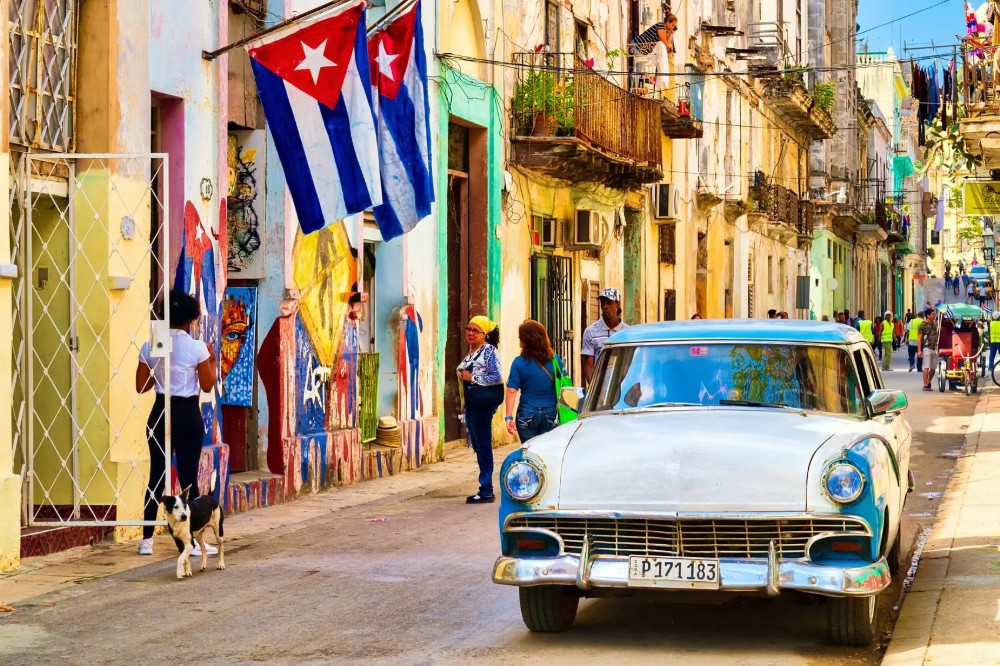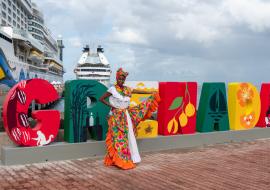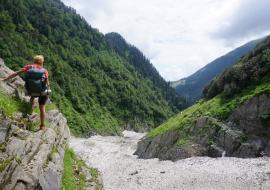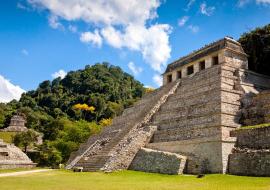Cuba’s Tourism Sector Records Sharp Drop Amid Energy Crisis

The tourism sector in Cuba is experiencing one of its most difficult seasons in recent years, after reporting a 20.5% decline in international arrivals during the first ten months of 2025 versus the same period in 2024. Official data reveals that the decrease represents hundreds of thousands fewer travelers entering the island.
Industry analysts attribute the contraction primarily to energy blackouts, chronic fuel shortages and operational disruptions that have affected hotel performance across major tourism hubs such as Varadero, Havana and several northern cays. Hotels are spending more on backup power systems, and travelers report constant service interruptions.
Major source markets are also retreating. Arrivals from Canada, Russia and Germany posted double-digit declines, reflecting reduced air capacity, higher travel costs and declining confidence in service reliability. Canadian arrivals alone fell by more than 135,000 compared to last year.
Local businesses are suffering. Independent taxi drivers, private restaurants and craft vendors in Havana and Varadero report fewer clients, and some have temporarily closed. Tourism is one of Cuba’s few strong revenue generators and a main source of foreign currency and employment.
The government faces pressure to restore basic infrastructure, ensure consistent electricity and rebuild confidence among international tour operators. Hoteliers believe that without solving the structural energy issue, marketing campaigns will not be enough to reverse the decline.
Tourism executives warn that Cuba risks losing market share to other Caribbean destinations that are currently expanding investment in digital innovation, sustainability, and air connectivity. Competitors like the Dominican Republic, Jamaica, and Aruba are capturing bookings from travelers seeking reliability.
For tourists, the message is cautionary: the island’s culture and natural beauty remain intact, but operational instability could impact visitor experience during the 2025–2026 winter season.














